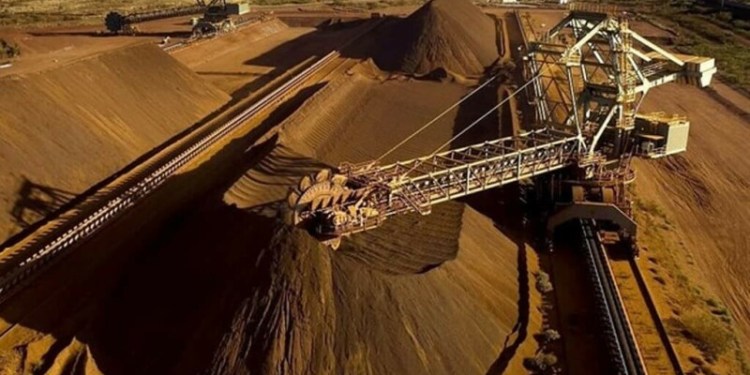By Luc Cohen
BUENOS AIRES (Reuters) – While many Argentines fret about how a plunging peso may wreak havoc on the economy, some of the country’s biggest export-focused companies stand to win big from a weaker currency, according to a review of earnings calls, regulatory filings and recent public comments.
A more than 25 percent rout in the peso against the dollar
But a currency at all-time lows has also provided relief to exporters who have complained about the so-called ‘exchange rate delay,’ or a peso they believe was artificially strong, since Macri took office in December 2015.
“I care a lot about exports – I have a new factory, I need to export,” Cristiano Rattazzi, chief executive of Fiat Chrysler Argentina, said in a television interview before meeting with Macri and other businessmen on Friday. He added that 26 pesos per dollar – or another 4 percent below the all-time low hit by the currency on Monday – would be a fair exchange rate.
After Macri let the peso float early in his term, portfolio investment flowed in and Argentines repatriated funds stashed abroad due to high interest rates on public debt and optimism about market-friendly reforms. That kept the peso strong despite inflation of around 40 percent in 2016 and 25 percent in 2017.
The strong currency was a problem for companies like Buenos Aires-based IT services company Globant SA (LU:), whose Chief Executive Martin Migoya also attended the Friday meeting at Macri’s residence.
The company has 37 percent of its workforce in Argentina and pays in pesos at wages that rise with inflation. But it earns most of its revenue in foreign currency from clients in the United States and elsewhere in Latin America.
Globant said in an April filing that a stronger dollar “could result in favorable variations in our operating margins.”
For conglomerate Corporacion America, whose billionaire owner Eduardo Eurnekian attended the meeting, the devaluation could come as a relief for its airport unit (N:), which recently debuted on the New York Stock Exchange.
“Any depreciation in the value of the Argentine peso against the U.S. dollar may increase our cash flows,” the company wrote in an April 27 filing, noting that air tickets in the region are denominated in U.S. dollars.
Though not primarily an exporter, state-owned oil company YPF SA (BA:) also told investors on a conference call last week that the devaluation would help bring down costs and lower the debt burden.
In a Monday report, ratings agency Moody’s said YPF and companies like Telecom Argentina (BA:) and cement producer Holcim (BA:) were exposed to the depreciation due to large foreign currency debt. But Moody’s also said the companies keep much of their cash in foreign currencies, giving them “natural hedges.”
RETAILERS, MANUFACTURERS PRESSURED
To be sure, the financial turmoil of recent weeks holds risks for large swaths of Argentina’s economy. A weaker peso makes it more difficult for the central government and provinces to meet foreign currency debt obligations, and the central bank has warned that it could lead to more inflation.
That would come as the country’s retailers and manufacturers who produce goods for the domestic market are already struggling with consumer price hikes and growing competition from imports, as Macri has opened trade.
Last month, supermarket chain Carrefour (PA:) said it would offer voluntary buyouts to workers in Argentina to stem three years of losses, while more than 60,000 jobs in the industrial sector have been lost since Macri took office.
The Treasury Ministry’s announcement last week that it would reduce infrastructure spending by 30 billion pesos was likely to hit the booming construction sector and the cement and steel producers that supply it.
Higher interest rates after the central bank hiked the policy rate to 40 percent were likely to reduce credit demand and hurt banks such as Banco Hipotecario (BA:), Banco Macro (BA:) and Grupo Financiero Galicia (BA:), according to a Monday report by Exotix Capital.
Yet companies more focused on exports have long said they were hurt by a strong peso, which contributed to the country’s $8.5 billion trade deficit last year.
Eduardo Buzzi, former head of a farmers’ group in the world’s top exporter of soymeal and soyoil, said the weaker exchange rate would benefit the country’s key agriculture sector.
“Farmers have always done better at a higher exchange rate,” Buzzi said in a weekend interview with local radio.
Source: Investing.com




























